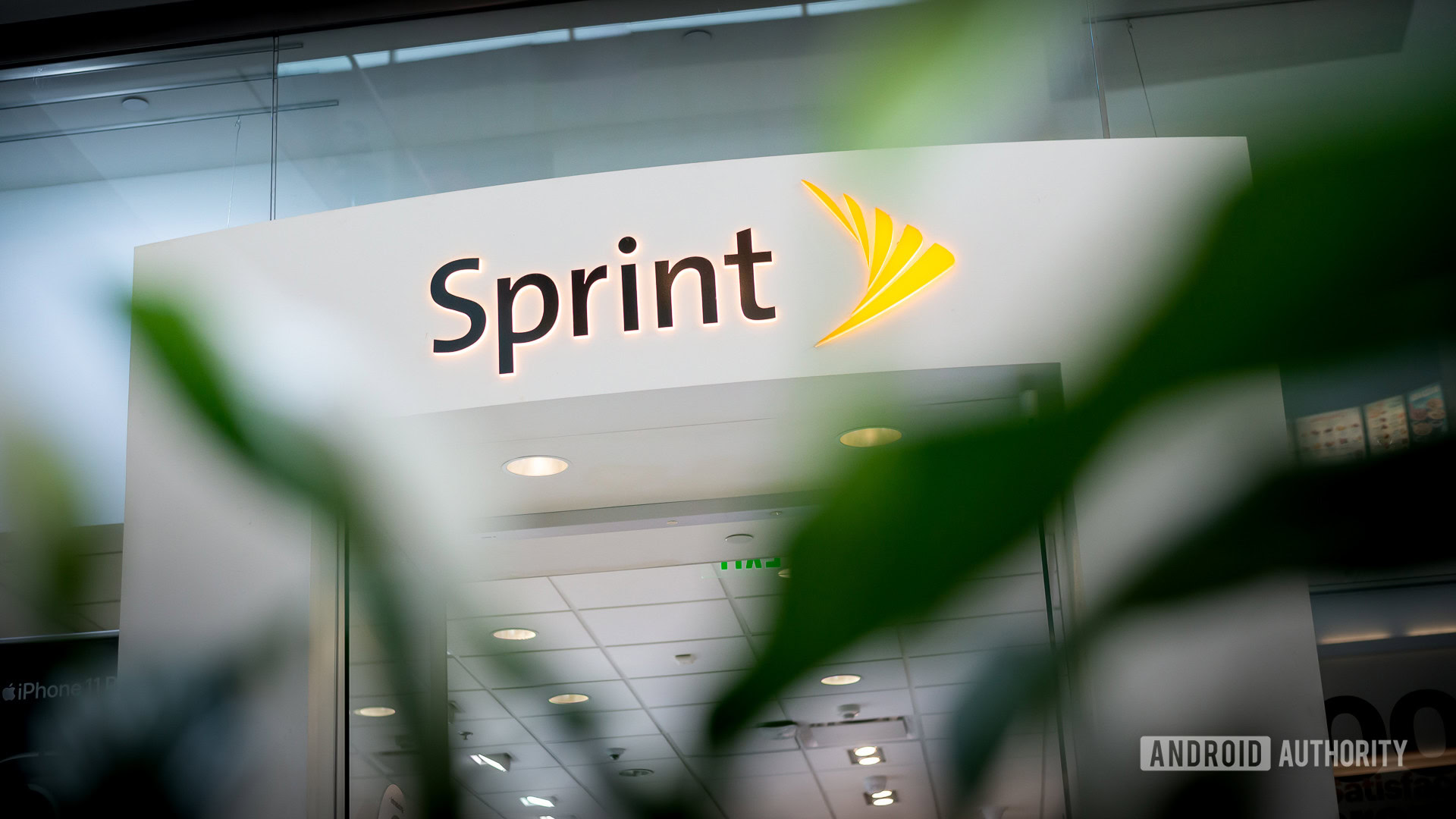Affiliate links on Android Authority may earn us a commission. Learn more.
T-Mobile will shut down Sprint's LTE network next summer
Published onAugust 4, 2021

- T-Mobile has revealed that it will shut down Sprint’s LTE network on June 30, 2022.
- You’ll have to move on to a newer device to maintain service.
- The CDMA network was already slated to shut down on January 1 of that year.
Now that T-Mobile’s merger with Sprint is more than a year old, it’s ready to nudge you toward its own network. T-Mobile has confirmed to Light Reading that it’s shutting down Sprint LTE service on June 30, 2022.
The LTE shutdown will come half a year after an already-announced plan to deactivate the Sprint CDMA network on January 1, 2022. T-Mobile had already started alerting customers in late 2020 and promised to notify everyone who needs to act. The carrier argued that would not only help people leap to “real broadband speeds,” but free spectrum that lets T-Mobile further improve LTE and 5G performance.
Read more: The best T-Mobile phones you can buy
T-Mobile also plans to wind down its 2G and UMTS-based 3G networks, but hasn’t set a cutoff date so far.
The timing isn’t completely surprising. T-Mobile’s 5G network may stretch nationwide, but it lacks some of the mid-range frequencies needed to boost performance. The sooner T-Mobile can reclaim the Sprint LTE network, the better the company can compete with rival carriers. Those competitors are making similar moves, too. AT&T will shut down its 3G network in early 2022, and Verizon (disclaimer: this author writes for Verizon-owned Engadget) plans an equivalent move at the start of 2023.
This LTE shutdown might not thrill you if you’re a Sprint user, though. If you didn’t receive a notice before, you now have less than a year to switch devices (or providers) if you want to maintain service. And that’s a real problem when T-Mobile has only transitioned about a third of Sprint customers to its cellular system. You might have to upgrade your phone considerably sooner than you’d expected, and that could mean settling for less-than-stellar hardware.